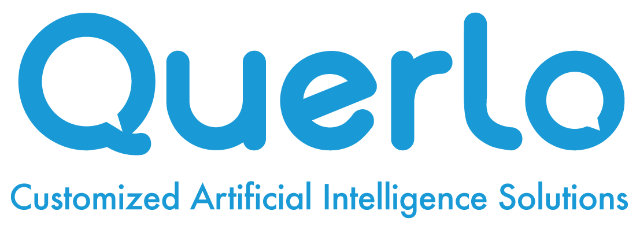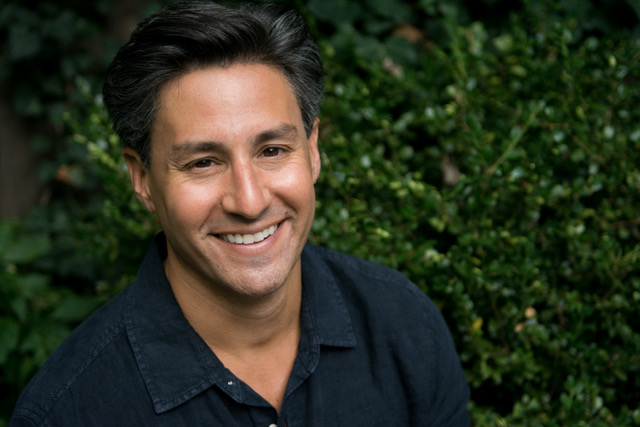When working with Artificial Intelligence, it is important to consider the possible ethical risks for different users and how specific companies and leaders will address them. Recently, Francesco Rulli, Global CEO of Querlo, spoke with Reid Blackman, Founder and CEO of Virtue Consultants, about the role of AI in the covid era and what contributions it makes to society.
Reid Blackman is a former Professor of Philosophy and spent about 15 years teaching, researching, and publishing work relating to ethics. After leaving academia, he founded Virtue Consultants, an ethics consultancy that focuses on digital risks. Reid works with senior leaders to figure out how to systematically operationalize ethical risk mitigation.
Artificial Intelligence has always served as a tool; its relevance to covid is to what extent it will be deployed. Reid discussed how it can be used for contact tracing, figuring out who has the virus, or what vaccines or treatments might work. However, there are always ethical risks to consider. With contact tracing, for example, one of the potential issues is privacy. It involved collecting a tremendous amount of data about lots of people, so privacy controls would need to be very strong and there would need to be a lot of transparency.
Francesco continued by asking about the contribution of AI, to which Reid replied by discussing the Michelangelo AI that Francesco and his team at the Cathedral of Florence have been working to create. Michelangelo AI is a great opportunity to get people more engaged with his works and him as a person, as well as that era in time and art history in general. With a chatbot, there are still questions about privacy and what data is being collected, what is being done with that data, and if there’s transparency with the user. Reid also brought up a concern about bias with the training of the chatbot. Who are the people providing the answers? The experts on Michelangelo are of strong catholic faith, so could it be seen as a way of pushing a catholic agenda? What is the vetting process of information? These are all questions that must be considered when thinking about what type of information users are receiving.
To learn more, you can connect with Reid on LinkedIn, through email, or his website. You can also visit Virtue Consultants’ website.




